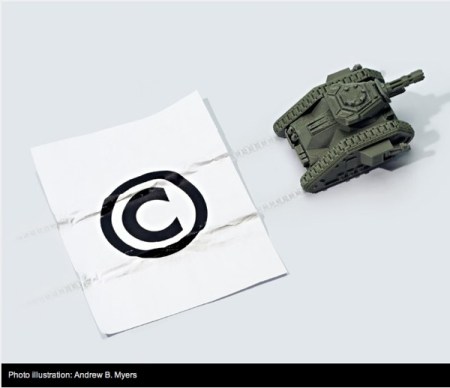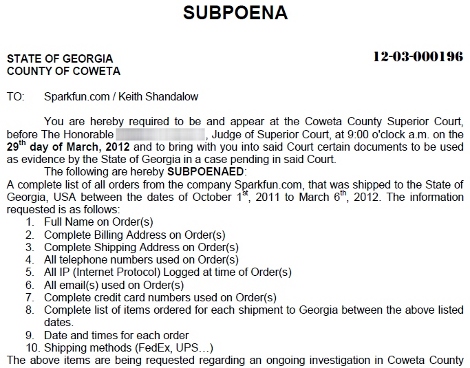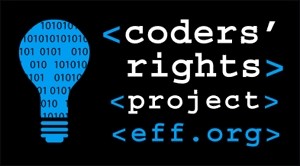
For those living under a rock, the latest ‘greatest’ news to hit hacking front page is the the Copyright Office granting Six Exemptions Regarding the Circumvention of Access-Control Technologies. Of the six the one of the two regarding iPhones is as follows,
“(2) Computer programs that enable wireless telephone handsets to execute software applications, where circumvention is accomplished for the sole purpose of enabling interoperability of such applications, when they have been lawfully obtained, with computer programs on the telephone handset.”
Which (along with section 3) really just means that you can unlock and crack cellphones and companies can no longer fine you $2,500. Not that many ever have but the threat was there. Apple however, can and still will void your warranty if you jailbreak.
The 4 other areas not involving phones are the ability to circumvent DVDs for portions of video, video games in order to better the security of said game, computer programs that require dongles but dongles are no longer available, and literary works that prevent read-aloud or rendering to a specialized format.
One tidbit I keep hearing about in these exemptions is the ability to now break DRM on music, as much as I wish this were true, I can’t seem to find any sources on it, sorry pirates.
Regardless, now that the world is one step closer to an open framework, whats changed? For me, I’ve been jailbroken for years so sadly nothing. If you agree with the ruling, disagree, or just want to tell about your now legal jailbreaking joys, please leave a comment.
Additional Sources: FOXNews and CNNMoney thanks to [Voyagerfan99], [Ryan Knight], and [Steve S.] respectively.
[Image credit: Fr3d.org]







![A][](http://hackaday.com/wp-content/uploads/2012/04/a.png)













